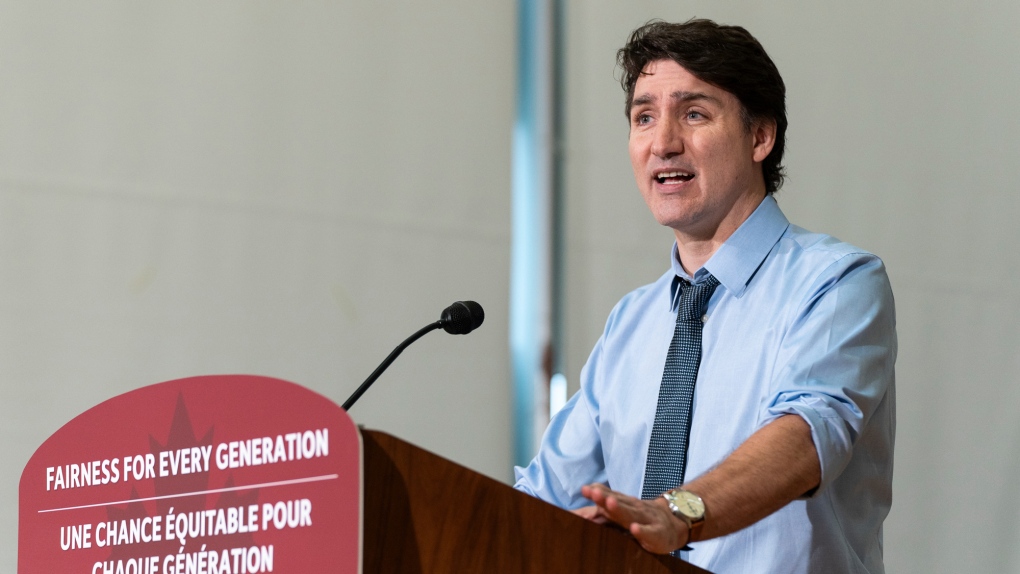The federal government will create a new “Canadian Renters’ Bill of Rights,” which would require landlords to disclose their properties’ rental price history to prospective tenants.
Prime Minister Justin Trudeau made the announcement Wednesday in Vancouver, saying it’s one of three new measures that will be part of the upcoming federal budget, which will also include a new housing aid fund and a push to have rental payments affect credit scores.
Rental demand outpaced supply in most major markets across the county last year, according to the Canada Mortgage and Housing Corp.’s (CMHC) review published in January. The average purpose-built two-bedroom apartment went for $1,359 per month, while condo rental costs sat at $2,049.
Canada’s overall vacancy rate fell to a new low at 1.5 per cent last year. Regionally, rates declined in most of Canada’s larger cities, while rental costs surged.
Tenants’ rights advocates have long championed the concept of a rental registry, which could allow renters to see what the previous tenant paid for a unit before accepting a new rate.
The incoming “Bill of Rights” aims to empower renters to “bargain fairly,” a Wednesday press release said.
Alongside it, Trudeau promised a $15-million fund for provincial legal aid services to “protect tenants against unfairly rising rent payments, renovictions, or bad landlords.”
“In today’s Canada, more people are renting than ever before … Nearly two-thirds of young Canadians rent their homes,” he said, adding that younger people spend larger portions of their incomes on rent than other generations have.
“Maybe young people want to start a family, but they don’t know how they can afford something bigger than a one-bedroom apartment.”
The new rules will require significant buy-in from the provinces, which could be a “battle,” Cedric Dussault, a tenants’ advocate with Quebec-based organization RCLALQ, says.
“To be frank, we’re not sure this is really up to the federal government to enact,” he told CTVNews.ca in a phone interview shortly after Trudeau’s announcement, which he called “surprising.”
Dussault also threw cold water on the aid fund for provincial organizations.
“It’s better than nothing,” he said. “It seems like a lot of money, but when we look at the whole country, at all the needs of all the tenants across the country, it will be used up quickly.”
Housing disputes can take years to make their way through the courts, Dussault explained, while staff salaries and legal consultation fees could also add up.
“We are facing an explosion of demands from tenants,” he said.
Building credit scores
The government will also amend the Canadian Mortgage Charter and “call on” banks and credit companies to incorporate rental payments into Canadians’ credit history, the press release said.
“This will make it easier for you to qualify for a mortgage, or even qualify you for a lower rate,” Trudeau said, lamenting that a property owner can build their credit score while paying down their mortgage, but someone paying monthly rent cannot.
“You’re spending $2,000 a month on rent. That gives you no kudos. It gives you no credit,” he said.
Deputy Prime Minister and Finance Minister Chrystia Freeland announced earlier this month that the 2024 federal budget will be presented on Tuesday, April 16.
Noting that Canadians continue to feel the squeeze of inflation, while increasingly becoming preoccupied with looming mortgage renewals, Freeland signalled then that the budget would focus on housing, affordability and jobs while balancing the need to remain “fiscally prudent” by limiting major new spending plans.
Source: ctvnews.ca
